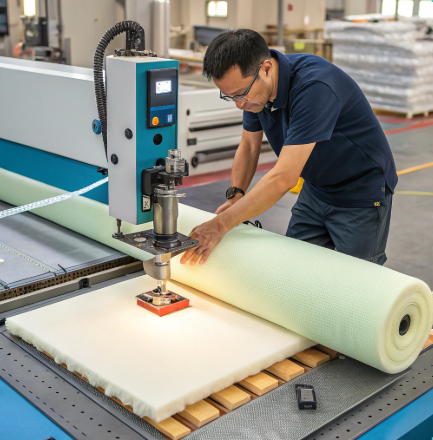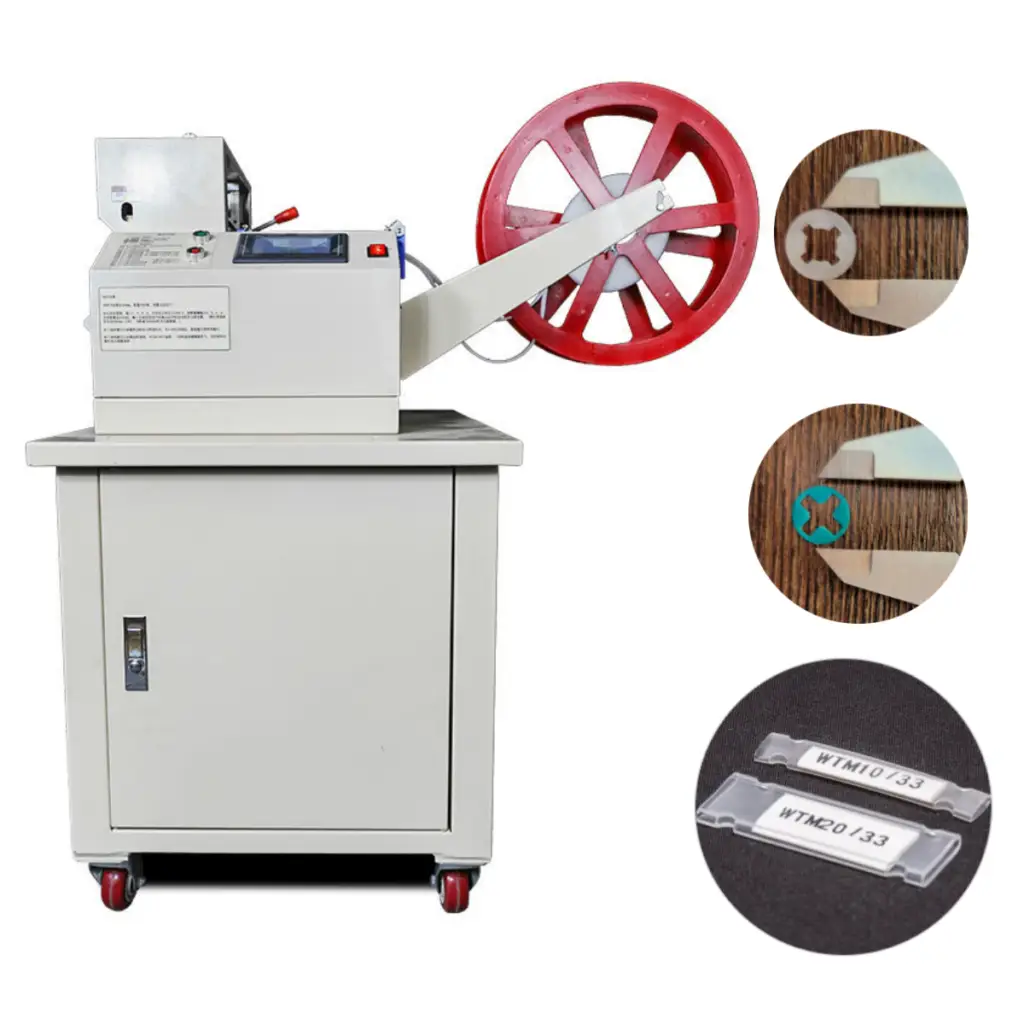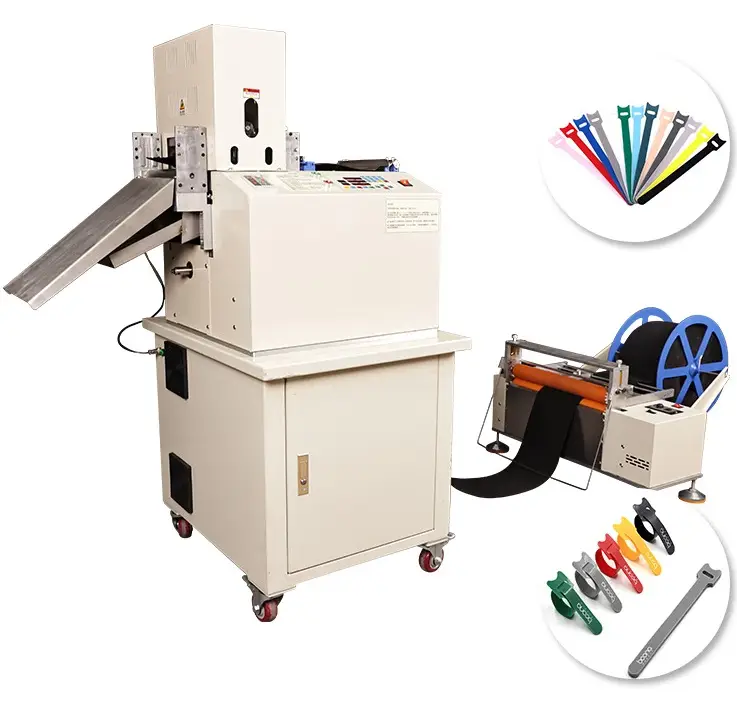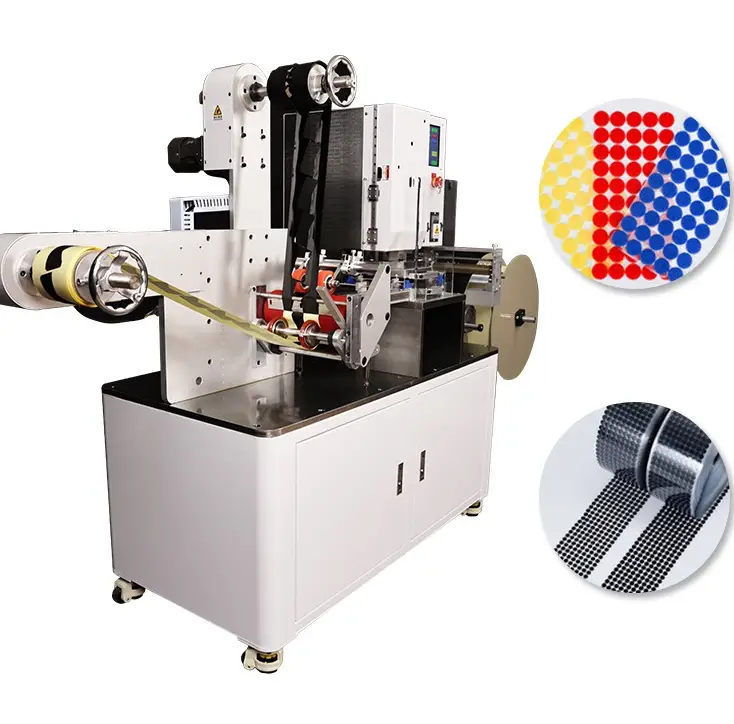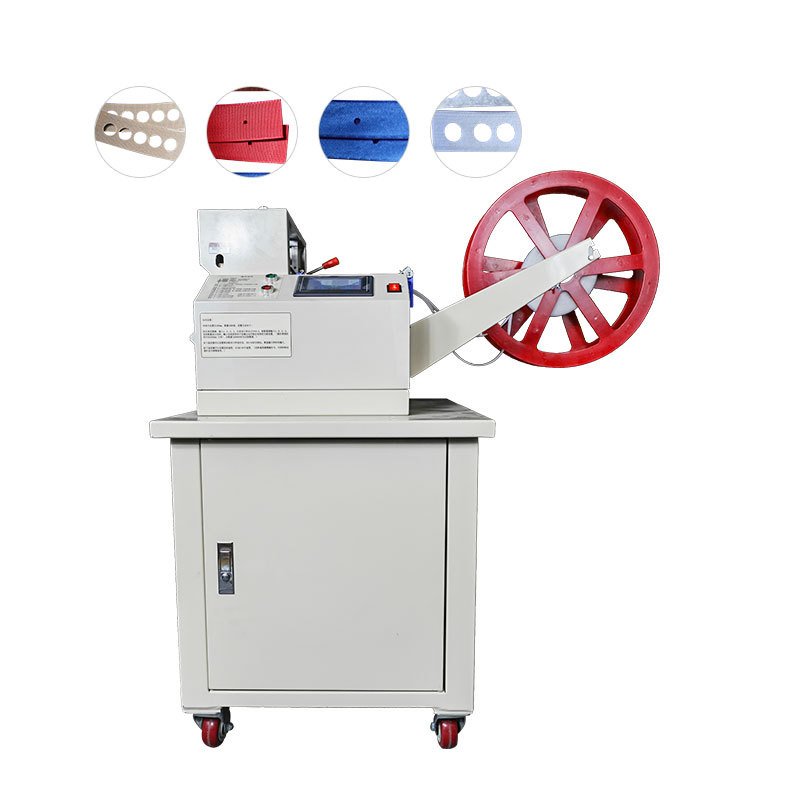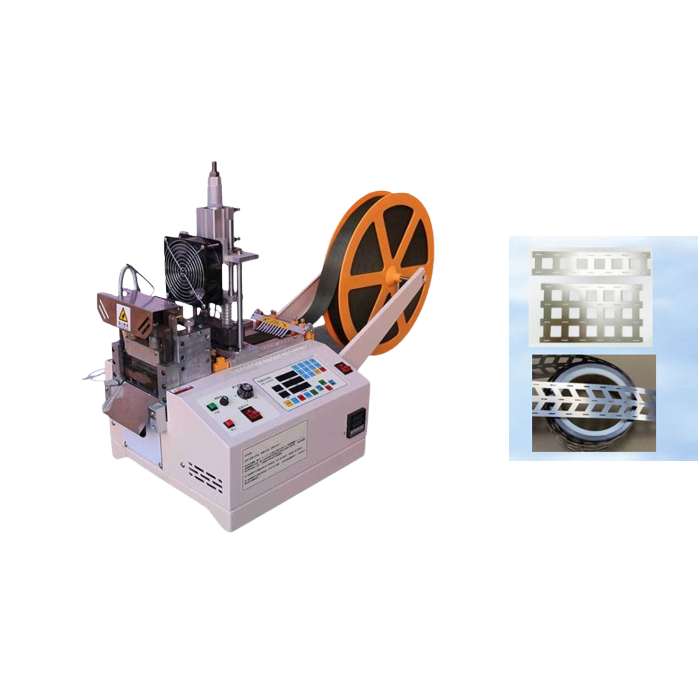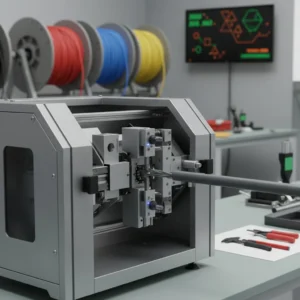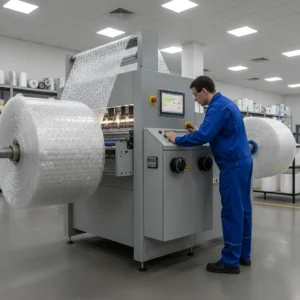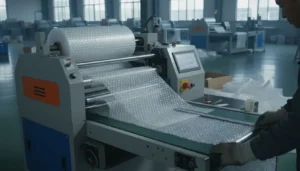What design features improve precision in industrial tape cutting machine1s?
1 for precision cutting in textile automotive and medical sectors](https://hxcuttingmachine.com/wp-content/uploads/2025/06/Title-1-High-speed-Velcro-cutting-machine-in-a-garment-factory.png)
I’ve seen it firsthand: a misaligned cut can ruin entire rolls and delay deliveries.
Precision-focused features—like servo motors, optical sensors, tension control, and rigid frames—guarantee clean, accurate cuts with minimal waste.
In this post, I’ll break down the key design features that make high-precision cutting possible for large-scale operations.
How can predictive maintenance reduce downtime in tape cutting operations2?
1s used for orthopedic clothing tactical gear and car interiors](https://hxcuttingmachine.com/wp-content/uploads/2025/06/Title-3-Surgical-grade-Velcro-cutting-equipment-for-medical-supplies.png)
No one likes surprises—especially when a cutting machine1 fails mid-shift. I’ve faced shutdowns at the worst moments.
Predictive maintenance monitors wear and performance to schedule service before failure happens. It cuts downtime and boosts machine uptime.
Let’s explore how to implement predictive strategies and keep your tape line running.
What design features improve precision in industrial tape cutting machine1s?
[^1] with adjustable blades for foam PVC and elastic materials](https://hxcuttingmachine.com/wp-content/uploads/2025/06/Title-3-Programmable-cutting-machine-for-plastic-labels-foam-and-elastic.png)
Cutting tape precisely is more than just sharp blades. It’s about mechanical and digital synergy.
High-precision tape cutting depends on controlled feed systems, blade stability, real-time sensor feedback, and software-tuned performance.
Dive deeper: top features for cutting accuracy
When designing or buying a tape cutter, I look at these core elements:
1. Servo-driven motors
Unlike step motors, servo motors3 allow micro-adjustments on the fly. They hold position precisely and correct for deviations in real time.
2. Optical position sensors
Laser or encoder-based sensors track tape movement and blade alignment. These ensure cuts happen at the exact programmed location, even at high speeds.
3. High-tension control4 rollers
Poor tape tension leads to slippage. Tension-controlled rollers (with adjustable torque or air pressure) stabilize feed rate and avoid miscuts.
4. Rigid machine frames
Vibration and flex lower precision. A stable steel frame with low-vibration mounts keeps blade motion steady.
5. Adjustable cutting pressure
For multi-layer or sensitive tapes, pressure must adapt. Machines that adjust cutting depth and pressure dynamically avoid edge fraying or incomplete cuts.
6. Closed-loop control systems
These detect blade position, feed status, and adjust parameters during operation. They prevent cumulative misalignment.
Example from HAOXINHE
Suzhou Haoxinhe Electrical Equipment Co., Ltd. uses high-speed servo-driven drives with optical encoders. Their webbing tape cutting machine1s hold ±0.1 mm accuracy even on thin films and protective foam.
Design Feature Table
| Feature | Function | Precision Impact |
|---|---|---|
| Servo motor drive | Accurate blade/feed movement | Real-time micro-adjustments |
| Optical sensors | Detect tape position | Prevents offset errors |
| Tension control system | Maintains feed stability | Ensures linear cut delivery |
| Steel chassis frame | Damps vibration | Improves repeatability |
| Pressure modulation system | Adjusts blade force | Cuts soft/hard tape accurately |
How can predictive maintenance5 reduce downtime in tape cutting operations2?
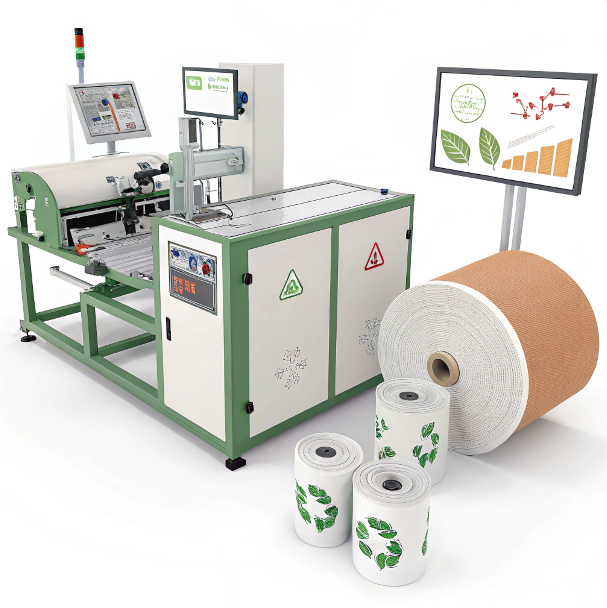
Surprise breakdowns are expensive. I’ve had machines fail hours before shipments were due. Predictive strategies saved me later.
Predictive maintenance uses data and sensors to forecast wear before failure. It helps schedule parts and repairs without halting production.
Dive deeper: building a predictive maintenance5 program
Let’s go step by step through a predictive system:
1. Install wear sensors6
Use vibration, heat, or load sensors to detect abnormal machine behaviors. These early signs help prevent surprise downtime.
2. Monitor blade performance7
Track blade life by number of cuts or cutting resistance. If torque or power draw rises, the blade is likely worn.
3. Log machine runtime8
Every machine should track operating hours, stop/start frequency, and runtime conditions. Logs help correlate wear with specific patterns.
4. Use software alerts9
Modern systems like those in Suzhou Haoxinhe cutters can notify you when bearings heat up or motors draw excess current.
5. Replace parts before failure
Based on data, schedule blade swaps or bearing replacements during low-load periods. Don’t wait until failure.
6. Train staff to read signals
Operators should know what early warning signs to look for—noise, drag, inconsistent cut length.
Predictive vs Preventive Comparison
| Maintenance Type | Action Time | Based on | Cost Effectiveness |
|---|---|---|---|
| Preventive (routine) | Fixed intervals | Manufacturer spec | Moderate |
| Predictive | Real-time condition | Sensor data | High |
Real Example
At one client site using a HAOXINHE computer tube cutting machine, installing vibration sensors10 on blade shafts cut unplanned stoppages by 60% in 3 months.
Conclusion

Design precision and predictive upkeep make industrial tape cutting reliable and cost-efficient—ideal for scaling operations.
Insights
Suzhou Haoxinhe Electrical Equipment Co., Ltd. integrates precision technologies—servo control, optical tracking, and tension systems—into its high-speed cutting machine1s. Combined with predictive maintenance5 tools, these systems give buyers like Mark Chen consistent output and less downtime.
Explore this resource to discover cutting-edge innovations that enhance efficiency and precision in cutting machines. ↩ ↩ ↩ ↩ ↩ ↩ ↩
Explore this resource to discover effective strategies that enhance efficiency and precision in tape cutting operations. ↩ ↩
Explore how servo motors enhance precision and efficiency in cutting operations. ↩
Discover how tension control systems stabilize feed rates and prevent miscuts. ↩
Learn how predictive maintenance strategies can save costs and improve machine uptime. ↩ ↩ ↩
Explore the different wear sensors that help monitor machine health and prevent failures. ↩
Discover the benefits of tracking blade performance for maintaining cutting quality. ↩
Understand how logging machine runtime can help predict maintenance needs effectively. ↩
Find out how software alerts can enhance operational efficiency and reduce downtime. ↩
Learn how vibration sensors can detect issues early and prevent unexpected machine failures. ↩
